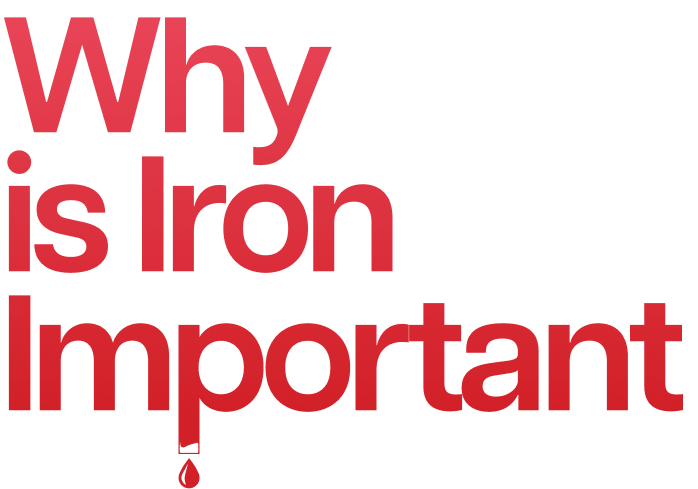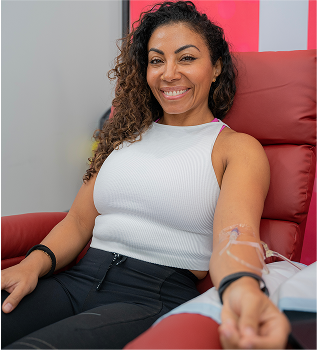What are the side effects of an iron infusion?
Iron infusion side effects are usually minimal, but may include:
- Bloating or swelling of your face, arms, hands, lower legs or feet.
- Dizziness, faintness or lightheadedness when getting up suddenly from a lying or sitting position.
- Gastrointestinal pains, including nausea, cramps or diarrhea.
- Problems with breathing.
- Constipation (difficulty pooping).
- Headache.
- Joint or muscle pain.
- Skin problems, including rash.
- Chest pain.
- Low blood pressure.
- Anaphylaxis (a severe reaction that can include difficulty breathing, itching or a rash over your entire body).




